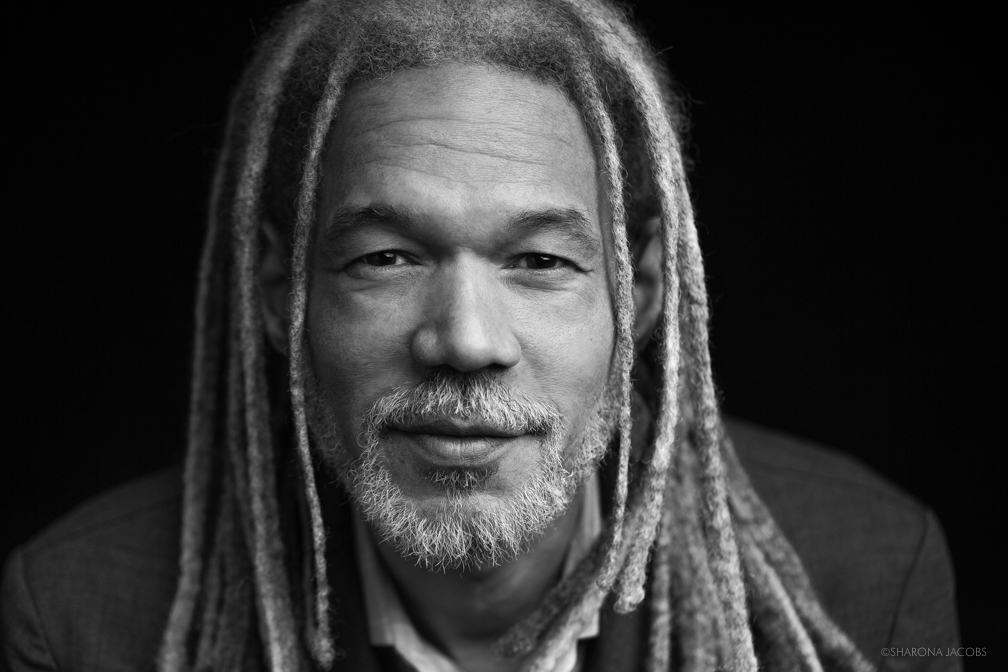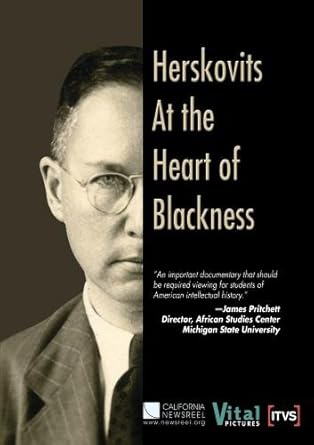Πηγαίνετε εκτός σύνδεσης με την εφαρμογή Player FM !
34 The Caribbean and Vectors of Warfare: Vincent Brown (EF, JP)
Manage episode 263722828 series 2538127


The largest slave uprising in the 18th century British Caribbean was also a node of the global conflict called the Seven Year’s War, though it isn’t usually thought of that way. In the first few days of the quarantine and our current geopolitical and epidemiological shitshow, John and Elizabeth spoke with Vincent Brown, who recently published Tacky’s Revolt: The Story of an Atlantic Slave War (Belknap, 2019), centered on a group of enslaved West Africans, known under the term “Coromantees” who were the chief protagonists in this war.
Tracing the vectors of this war within the Caribbean, the North Atlantic, and West Africa, Vince shows us how these particular enslaved Africans, who are caught in the gears of one of human history’s most dehumanizing institutions, constrained by repressive institutions, social-inscribed categories of differences and brutal force, operate tactically within and across space in complex and cosmopolitan ways.

Vince locates his interest in warfare (as an object of study) in emergence of new world order and disorder through the Gulf Wars. His attention to routes and mobilities he credits to an epidemiological turn of mind–perhaps inherited from his father Willie Brown, a medical microbiologist now retired from UCSD.
The idea of the vector shaped his first book as well. Vince’s “cartographic narrative” “A Slave Revolt in Jamaica: 1760-1761” and the film he produced with director Llewellyn Smith, Herskovits at the Heart of Blackness (which traces African studies and anthropology’s understanding of cultural movements from between Africa and the Americas) also explore these burning questions.

Along the way, Vince discusses C.L.R. James’ notion of conflict, war and global connectedness in The Black Jacobins and the ways that categories of social difference both are constituted by global capital (reminding us of our conversation on caste, class and whiteness with Ajantha Subramanian) and those bumper stickers from the early 1980s in which the Taliban were the good guys.
Mentioned in this episode:
Rambo III (1988)
Aphra Behn, Oroonoko (1688)
Catherine Hall, Civilising Subjects: Metropole and Colony in the English Imagination, 1830-1867 (2002)
C. L. R. James, The Black Jacobins: Toussaint L’Ouverture and the San Domingo Revolution (1938)
John Thornton, Africa and Africans in the making of the Atlantic World-1400-1800 (1992)
Derrick ‘Black X’ Robinson on his advocacy to make Tacky a national hero in Jamaica
Black X walks barefoot across Jamaica to make Tacky a national hero
Recallable Books:
Marlon James, The Book of Night Women (2009)
John Tutino, Making a New World (2011)
Angel Palerm, The First Economic World-System (1980)
Listen and Reda Here:
Upcoming Episodes: Books in Dark Times returns, featuring conversations with book historian Martin Puchner and poet Elizabeth Bradfield; and John talks with Beth Blum about the Self-Help Compulsion.
68 επεισόδια
Manage episode 263722828 series 2538127


The largest slave uprising in the 18th century British Caribbean was also a node of the global conflict called the Seven Year’s War, though it isn’t usually thought of that way. In the first few days of the quarantine and our current geopolitical and epidemiological shitshow, John and Elizabeth spoke with Vincent Brown, who recently published Tacky’s Revolt: The Story of an Atlantic Slave War (Belknap, 2019), centered on a group of enslaved West Africans, known under the term “Coromantees” who were the chief protagonists in this war.
Tracing the vectors of this war within the Caribbean, the North Atlantic, and West Africa, Vince shows us how these particular enslaved Africans, who are caught in the gears of one of human history’s most dehumanizing institutions, constrained by repressive institutions, social-inscribed categories of differences and brutal force, operate tactically within and across space in complex and cosmopolitan ways.

Vince locates his interest in warfare (as an object of study) in emergence of new world order and disorder through the Gulf Wars. His attention to routes and mobilities he credits to an epidemiological turn of mind–perhaps inherited from his father Willie Brown, a medical microbiologist now retired from UCSD.
The idea of the vector shaped his first book as well. Vince’s “cartographic narrative” “A Slave Revolt in Jamaica: 1760-1761” and the film he produced with director Llewellyn Smith, Herskovits at the Heart of Blackness (which traces African studies and anthropology’s understanding of cultural movements from between Africa and the Americas) also explore these burning questions.

Along the way, Vince discusses C.L.R. James’ notion of conflict, war and global connectedness in The Black Jacobins and the ways that categories of social difference both are constituted by global capital (reminding us of our conversation on caste, class and whiteness with Ajantha Subramanian) and those bumper stickers from the early 1980s in which the Taliban were the good guys.
Mentioned in this episode:
Rambo III (1988)
Aphra Behn, Oroonoko (1688)
Catherine Hall, Civilising Subjects: Metropole and Colony in the English Imagination, 1830-1867 (2002)
C. L. R. James, The Black Jacobins: Toussaint L’Ouverture and the San Domingo Revolution (1938)
John Thornton, Africa and Africans in the making of the Atlantic World-1400-1800 (1992)
Derrick ‘Black X’ Robinson on his advocacy to make Tacky a national hero in Jamaica
Black X walks barefoot across Jamaica to make Tacky a national hero
Recallable Books:
Marlon James, The Book of Night Women (2009)
John Tutino, Making a New World (2011)
Angel Palerm, The First Economic World-System (1980)
Listen and Reda Here:
Upcoming Episodes: Books in Dark Times returns, featuring conversations with book historian Martin Puchner and poet Elizabeth Bradfield; and John talks with Beth Blum about the Self-Help Compulsion.
68 επεισόδια
Όλα τα επεισόδια
×Καλώς ήλθατε στο Player FM!
Το FM Player σαρώνει τον ιστό για podcasts υψηλής ποιότητας για να απολαύσετε αυτή τη στιγμή. Είναι η καλύτερη εφαρμογή podcast και λειτουργεί σε Android, iPhone και στον ιστό. Εγγραφή για συγχρονισμό συνδρομών σε όλες τις συσκευές.




